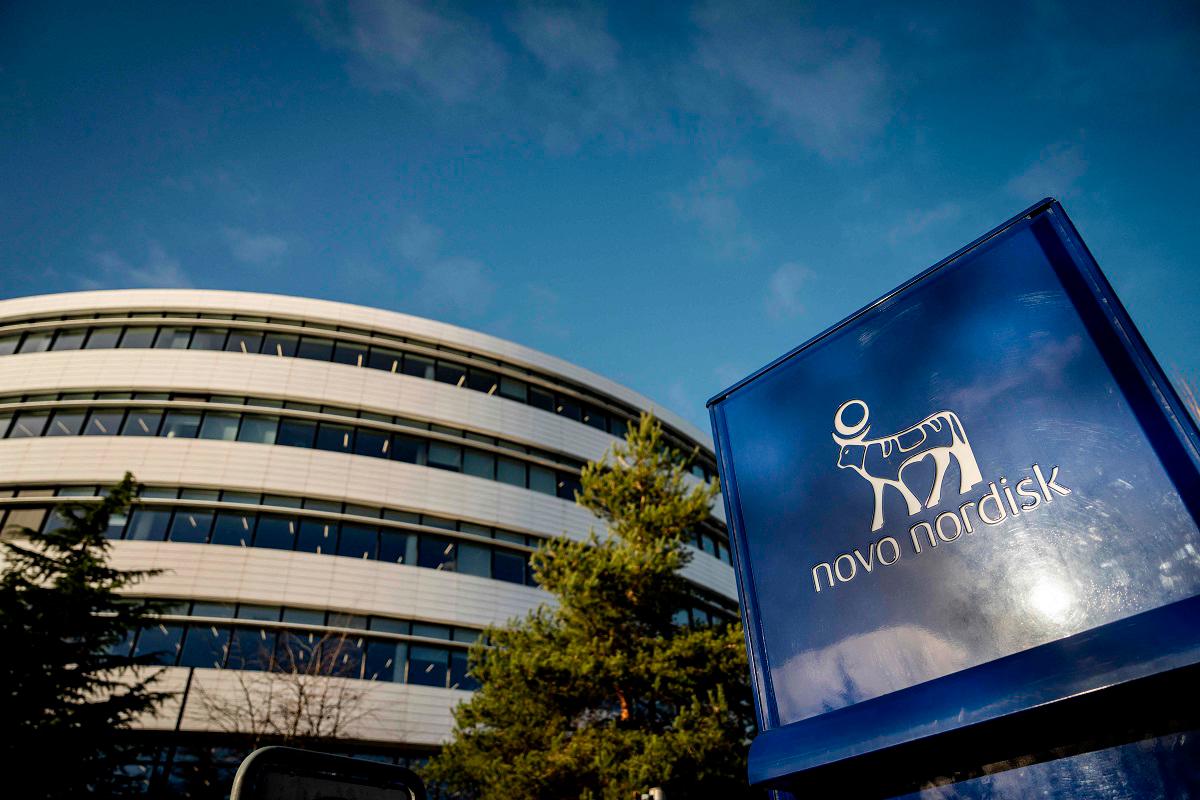COPENHAGEN: Danish pharmaceutical giant Novo Nordisk will eliminate 9,000 positions worldwide, representing 11% of its total workforce.
The company expects to save eight billion kroner ($1.3 billion) through these job cuts, which include 5,000 positions in Denmark.
This marks the third time this year that Novo Nordisk has lowered its earnings forecast, now projecting operating profit growth of between 4% and 10%.
The restructuring forms part of a company-wide transformation designed to simplify its organisation and improve decision-making speed.
Novo Nordisk intends to reallocate resources towards growth opportunities in its core diabetes and obesity treatment markets.
The popularity of its weight-loss injections once made it a darling of investors and Europe’s most valuable company.
Its workforce expanded dramatically from 43,700 in 2020 to 78,400 today during a major hiring spree.
Its share price has been declining since last year as sales slow amid growing competition in the key United States market.
Chief executive Mike Doustdar stated that markets are evolving and becoming more competitive and consumer-driven, particularly in obesity.
He emphasised the need for an increased performance-based culture and more effective resource deployment.
Novo Nordisk faces stiff competition from rival treatments manufactured by US group Eli Lilly.
Limited production capacity previously led the US Food and Drug Administration to allow pharmacies to create copycat versions of Ozempic and Wegovy.
That authorisation expired on 22 May, but generic versions continue to be sold under the guise of personalisation.
Ozempic is an injectable anti-diabetic treatment that gained popularity on social media for its slimming properties.
Wegovy shares the same active ingredient as Ozempic but in a different dose and is specifically a weight-loss drug.
Both treatments use analogues of the hormone GLP-1, which regulates blood glucose levels and appetite.
The company stated its transformation plan reflects a commitment to meet rising global demand while competing in a more dynamic market. – AFP









